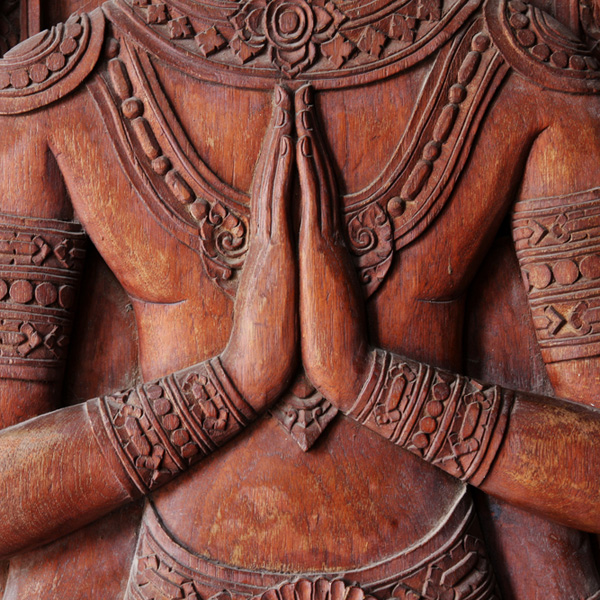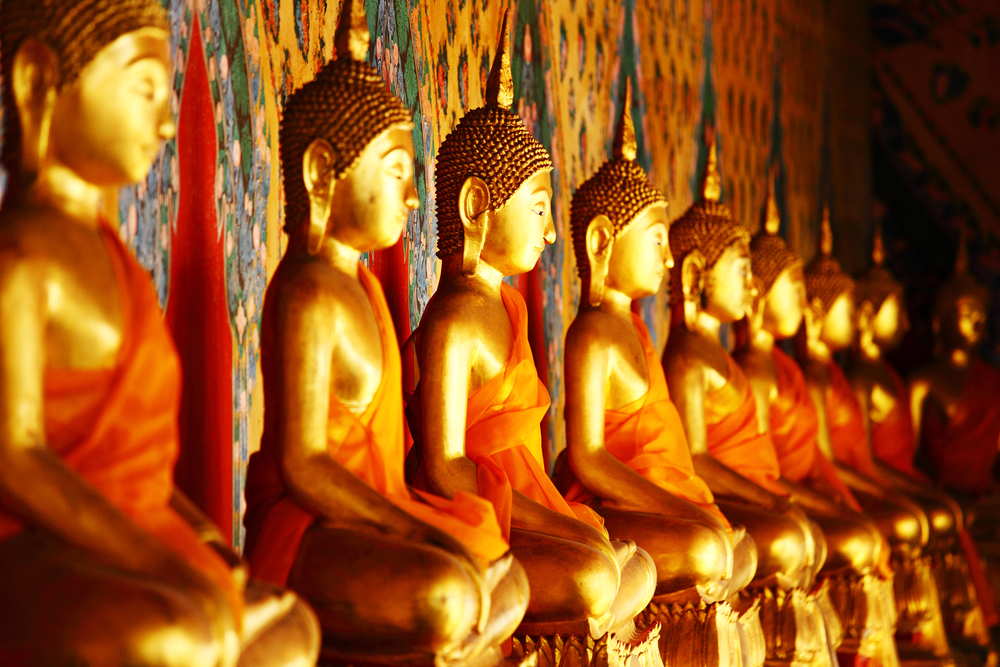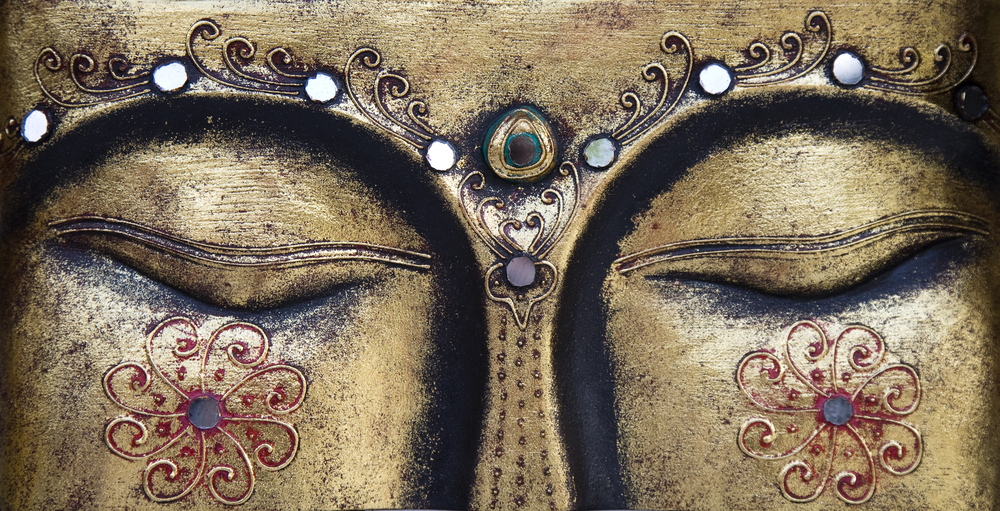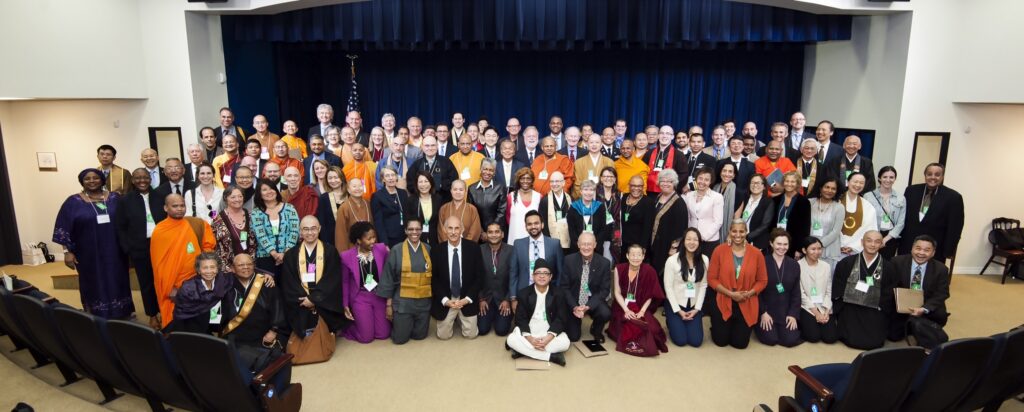Hatred never ceases by hatred, but by love alone is healed. This is the ancient and eternal law. —Buddha
Without forgiveness we are chained to the past. Individually we remain caught in the hurt and pain of our history. Collectively, humanity needs to learn forgiveness, to end the cycles of retribution and violence, and start anew, whether between the Irish Catholics and Protestants, the Hutus and Tutsis, the Palestinians and Israelis, and in so many other places.
Buddhist psychology offers specific teachings and practices for the development of forgiveness. Like the practice of compassion, forgiveness does not ignore the truth of our suffering. Forgiveness is not weak. It demands courage and integrity. Yet only forgiveness and love can bring about the peace we long for.
When we practice forgiveness individually, we start by recognizing that we have all betrayed and hurt others, just as we have knowingly or unknowingly been harmed by them. It is inevitable in this human realm. Sometimes our betrayals are small, sometimes terrible. Extending and receiving forgiveness is essential for redemption from our past. To forgive does not mean we condone the misdeeds of another. We can dedicate ourselves to make sure they never happen again. But without forgiveness the world can never be released from the sorrows of the past. Someone quipped, “Forgiveness means giving up all hope for a better past.” Forgiveness is a way to move on.
In Buddhist psychology, forgiveness is understood as a way to end suffering, to bring dignity and harmony to our life. Forgiveness is fundamentally for our own sake, for our own mental health. It is a way to let go of the pain we carry. This is illustrated by the story of two ex-prisoners of war who meet after many years. When the first one asks, “Have you forgiven your captors yet?” the second man answers, “No, never.” “Well then,” the first man replies, “they still have you in prison.”
We may still be suffering terribly from the past while those who betrayed us are on vacation. It is painful to hate. Without forgiveness we continue to perpetuate the illusion that hate can heal our pain and the pain of others. In forgiveness we let go and find relief in our heart.
Forgiveness sees wisely. It willingly acknowledges what is unjust, harmful, and wrong. It bravely recognizes the sufferings of the past, and understands the conditions that brought them about. There is a strength to forgiveness. When we forgive we can also say, “Never again will I allow these things to happen.” We may resolve to never again permit such harm to come to ourselves or another. And at the same time we can also resolve to release the past and not carry bitterness and hate in our heart.
Finding a way to extend forgiveness to ourselves is one of our most essential tasks. Just as others have been caught in suffering, so have we. If we look honestly at our life, we can see the sorrows and pain that have led to our own wrongdoing. In this we can finally extend forgiveness to ourselves; we can hold the pain we have caused in compassion. Without such mercy, we will live our own life in exile.
For most people, the work of forgiveness is a tender process. Practicing forgiveness, we may go through stages of grief, rage, sorrow, fear and confusion. As we let ourself feel the pain we still hold, forgiveness comes as a relief, a release for our heart in the end. Forgiveness acknowledges that no matter how much we may have suffered, we will not put another human being out of our heart.
Here are some simple and powerful guided forgiveness practices for ourselves and for those around us:
Practices:
Forgiveness Meditations
Video: Forgiveness Meditation
Audio: Forgiveness Meditation





